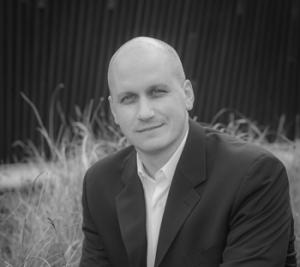Hypernormalization and Addiction
December 13, 2023
Webinar Overview
Writer and podcaster Merryana Salem recently said “It’s a surreal feeling to bear witness to the world’s horrors while remembering to buy milk on your way home.” In this webinar, we dive into the topic of hypernormalization and its relationship to addiction. The term was first coined by Alexei Yurchak in his book Everything was Forever, Until it was No More: The Last Soviet Generation, and further explored in a documentary by British filmmaker Adam Curtis in 2016. The term emerged as a way to describe Soviet society during a time when it was collapsing. While everyone knew the system was not working, society clipped along as if everything was just fine.
This webinar discusses how the idea applies today, and how addiction becomes an adaptive way of addressing the world’s horrors when solutions seem out of reach. In addition, we touch on the work of neuropsychiatrist Dr. Iain McGilchrist and why his Hemisphere Theory helps explain feelings of hypernormalization. Don’t miss this opportunity to understand the adaptive nature of addiction through a unique lens.
What You’ll Learn
- Define what is meant by the term hypernormalization
- Talk about how events at home and abroad may produce a state of hypernormalization
- Discuss how addiction in its different forms can become an adaptive response to hypernormalization
- Explore how Hemisphere Theory contributes to understanding our present experiences in the world
Resources
- Download this webinar’s slide deck
- The Heart of Addiction (book)
- Growth of the Mind: And the Endangered Origins of Intelligence (book by Stanley I. Greenspan)
- The Divided Brain (documentary)
Speaker

John Fitzgerald is the creator of the 5-Actions Program™. Dr. Fitzgerald has been on Clinical Faculty in the Department of Psychiatry at Oregon Health & Sciences University since 1998, a Licensed Professional Counselor in Oregon since 2001, and a Certified Addiction Specialist since 2006. He holds a doctoral degree in systems science and social psychology from the Systems Science Graduate Program at Portland State University where he has also held an Adjunct Faculty position since 2007. His career has been devoted to understanding addiction and its treatments, and translating that knowledge into the 5-Actions Program.